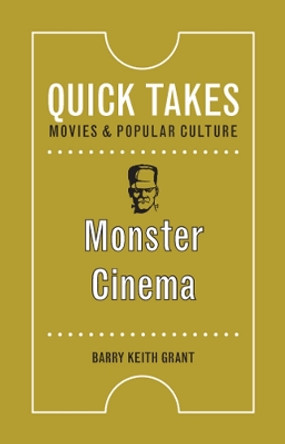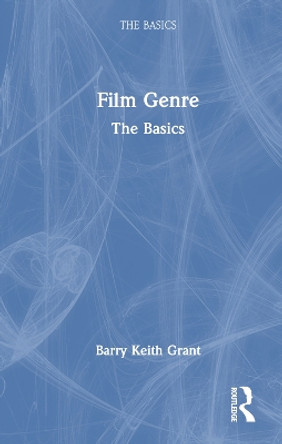CBS's
The Twilight Zone (1959-1964) remains a benchmark of serious telefantasy and one of the most iconic series in the history of American television. Barry Keith Grant carefully situates
The Twilight Zone within the history of broadcast television and American culture, both of which were changing dramatically during the five seasons the series originally aired. At the same time, the genres of science fiction, horror, and fantasy were moving from marginal to mainstream, a cultural shift that
The Twilight Zone was both part of and largely responsible for. Grant begins by considering
The Twilight Zone's use of genre conventions and iconography to craft its pithy parables. The show shared visual shorthand that addressed both older audiences familiar with Hollywood movies but unfamiliar with fantasy and science fiction as well as younger audiences more attuned to these genres. Rod Serling looms large in the book as the main creative force of
The Twilight Zone, and Grant explains how he provided the show's artistic vision and its place within the various traditions of the fantastic. Tracing motifs and themes in numerous episodes, Grant demonstrates how
The Twilight Zone functioned as an ideal example of collective authorship that powerfully expressed both timeless terrors and the anxieties of the age, such as the Cold War, in thought-provoking fantasy.
Grant argues that the imaginary worlds offered by the show ultimately endorse the Americanism it simultaneously critiques. The striking blending of the fantastic and the familiar that Grant identifies in
The Twilight Zone reflected Serling's goal of offering serious stories in a genre that had previously been targeted only to juvenile television audiences. Longtime fans of the show and new viewers of Jordan Peele's 2019 reboot alike will enjoy this deep dive into the original series' history, style, and significance.
About the AuthorBarry Keith Grant is professor emeritus of film and popular culture at Brock University, Ontario, Canada. He is the author or editor of many books, including
Shadows of Doubt: Negotiations of Masculinity in American Genre Films (Wayne State University Press, 2010) and
Documenting the Documentary: Close Readings of Documentary Film and Video (Wayne State University Press, 2013). An Elected Fellow of the Royal Society of Canada, his work has appeared in numerous journals and anthologies and has been translated into several languages.
Book InformationISBN 9780814345788
Author Barry Keith GrantFormat Paperback
Page Count 132
Imprint Wayne State University PressPublisher Wayne State University Press
Weight(grams) 130g
Dimensions(mm) 177mm * 127mm * 7mm









